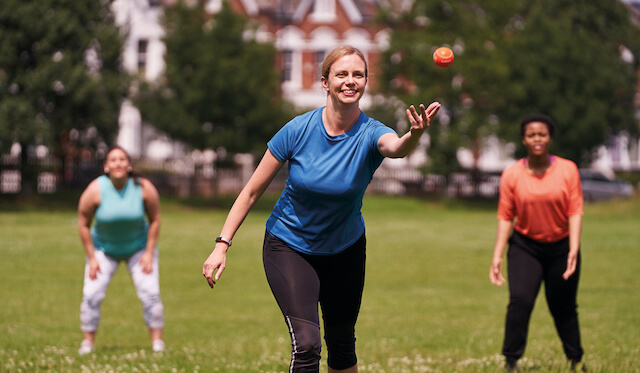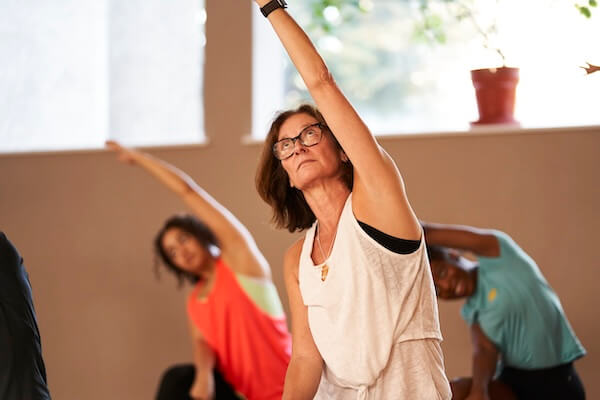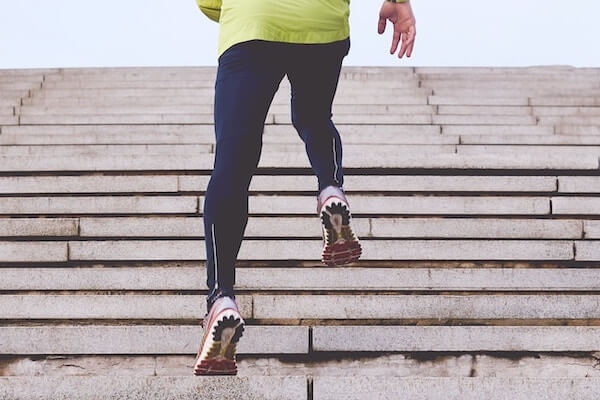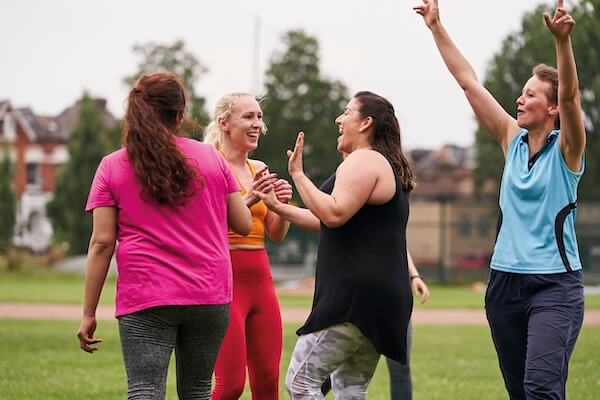
When we think about joining a local social sport or fitness group, we often focus on the tangible, physical wins: better sleep, improved muscle tone, and the social connection with mates. But growing research shows that the collective, aerobic nature of these activities also has a measurable impact on something less obvious: your brain and mental health.
Simply put, the sports you play in your community are giving your brain a serious workout—helping you think more clearly, learn faster, and even boost memory.
The Science of Sport and Smarts
Aerobic exercise has been repeatedly linked with improvements in cognitive function. For example, even moderate daily activity, like brisk walking or group sports, can improve memory and attention, and may even protect against dementia.
Additionally, studies show that children who engage in regular physical activity are less likely to experience anxiety or depression later in life, highlighting that the benefits of sport on mental health start early and extend across a lifetime.
Why Your Social Game is the Ultimate Brain Tonic
It’s not just moving—it’s how you move and the environment in which you move that makes community sport so powerful:
Hitting the ‘Sweet Spot’ of Intensity
Research shows that moderate-to-vigorous physical activity optimally stimulates brain function. Social sports like soccer, netball, or badminton naturally keep your heart rate in this ideal range, increasing blood flow to the brain and delivering oxygen and nutrients essential for cognitive performance.
Boosting Declarative Knowledge
Exercise doesn’t just strengthen muscles—it enhances the brain’s ability to learn and recall information. Improvements are particularly notable in declarative memory, which governs facts, concepts, and events. Whether you’re learning a new recipe, remembering work tasks, or studying for a course, your weekly game is preparing your brain to retain that information.
The Social Concentration Factor
Community sports demand constant decision-making and interaction: Where is my teammate? Where should I move next? What’s the score? This dynamic problem-solving adds a cognitive challenge on top of the aerobic boost, effectively creating a mental workout alongside your physical one.
Turn Up, Tune In, and Think Better
Evidence suggests that long-term, consistent participation in physical activity—especially social and structured forms—is one of the most effective ways to maintain both mental and cognitive health. So the next time you lace up for a group game, social walk, or cycle, remember: you’re not just improving fitness. You’re investing directly in your brainpower, memory, and emotional well-being.
It’s a win-win for your body and mind.






